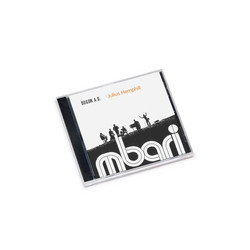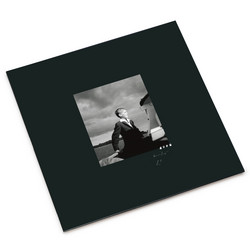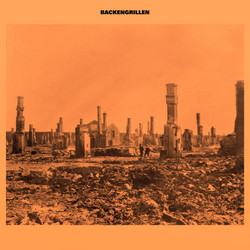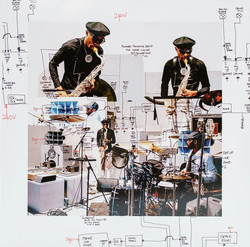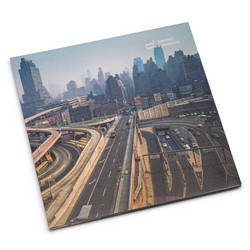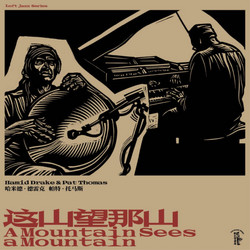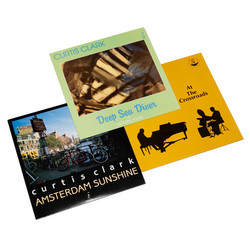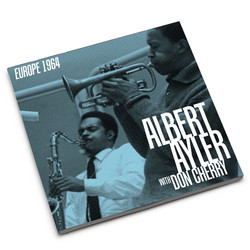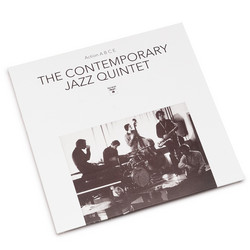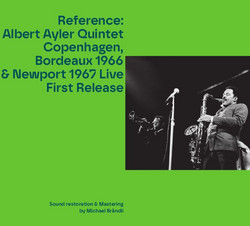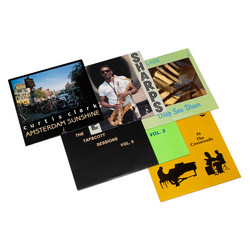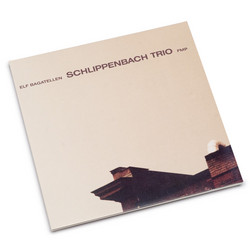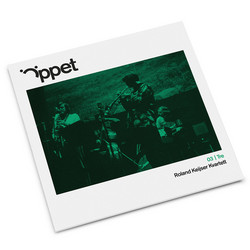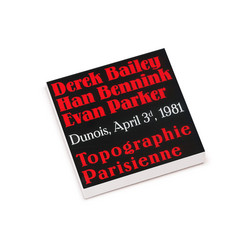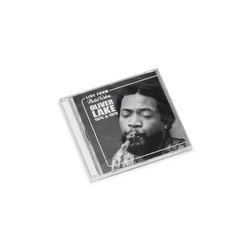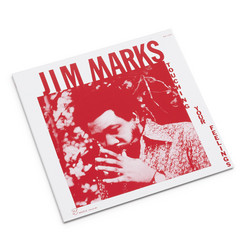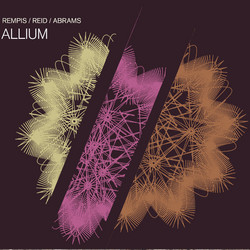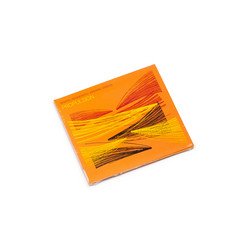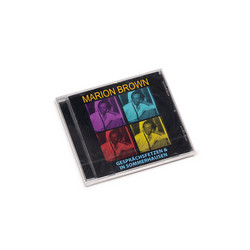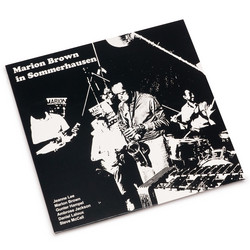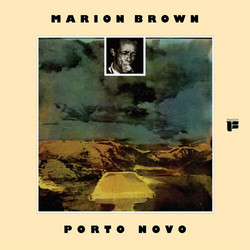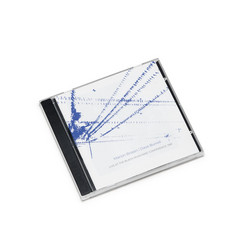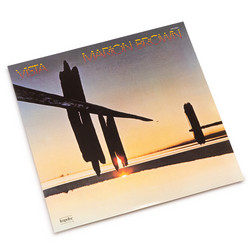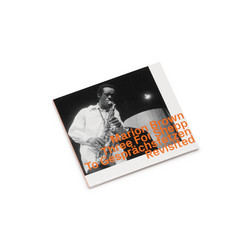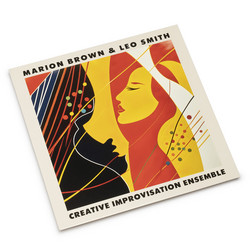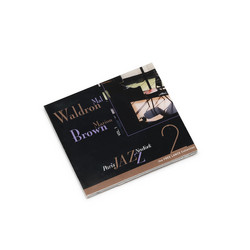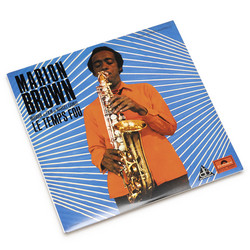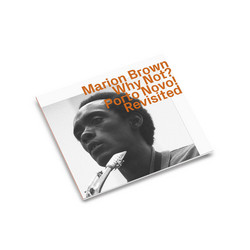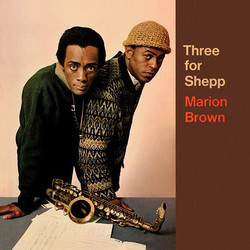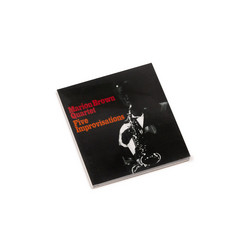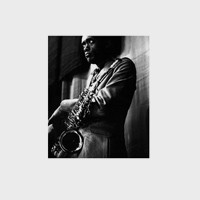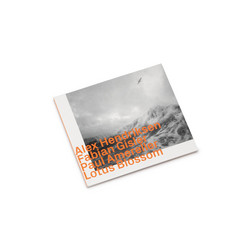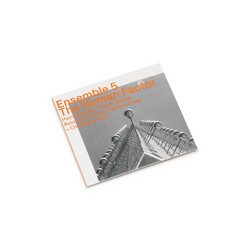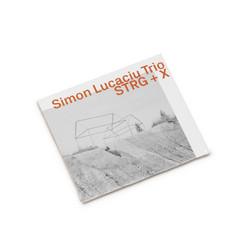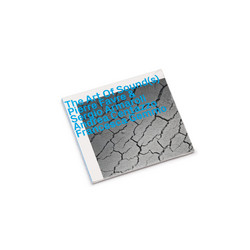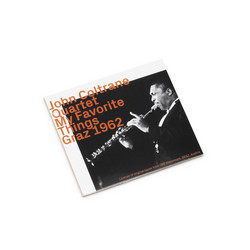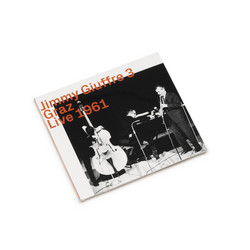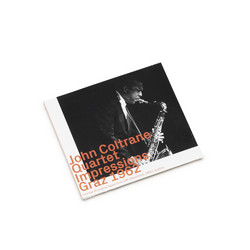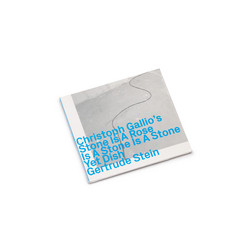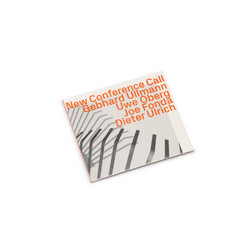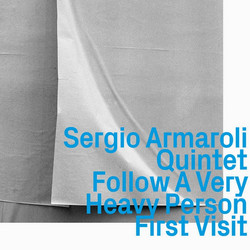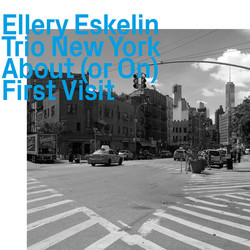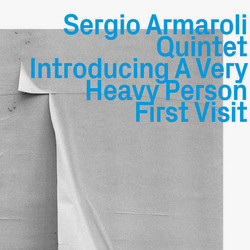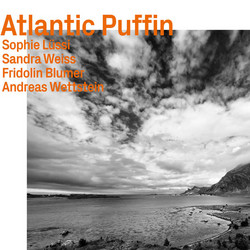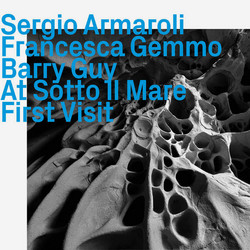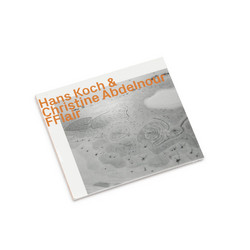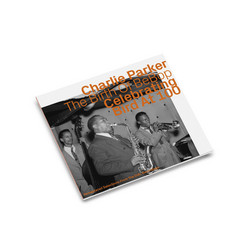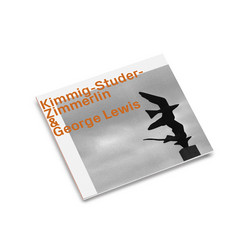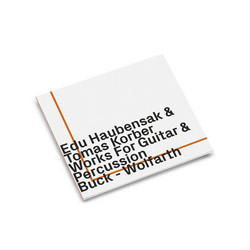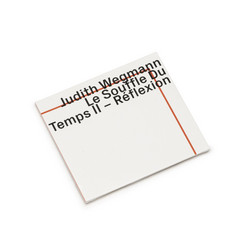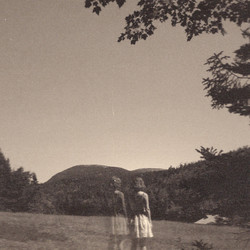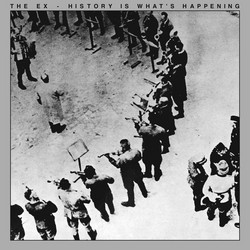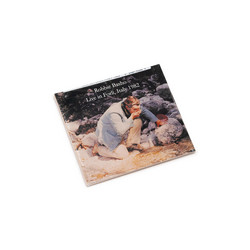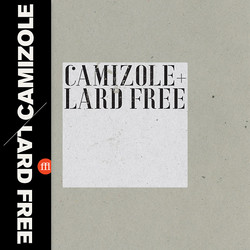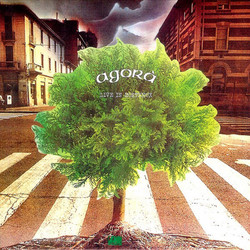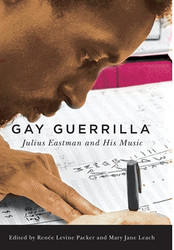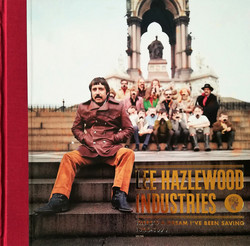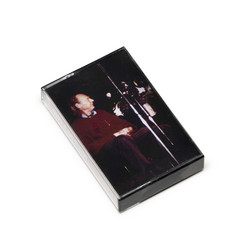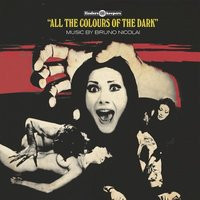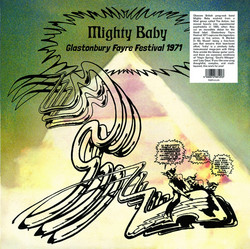Marion Brown
Capricorn Moon To Juba Lee
"I once told Marion Brown, after a drink or two, that he played like Bertrand Russell spoke. Fortunately, Brown knew who the great philosopher was and understood the point. Neither sounded quite what you would have expected, and in both the quality of the voice and the nature of the thought seemed quite remote from the other. Brown's sometimes frail and plaintive tone disguised the deep nature of his thinking, never more evident than on his "Capricorn Moon" here. Brown was the sort of man with whom you could discuss Bertrand Russell, without drawing a puzzled look. Brown was deeply devoted all his life to the education of other as well as himself. Despite this, or maybe because of it, he was significantly undervalued for much of his career.
Brown has enjoyed some recognition as a composer. An ECM release perhaps has more commercial leverage than the ESP one from which half of this music is taken, so "Afternoon of a Georgia Faun" is known, by name at least, to many, including some for whom the Debussy reference would be meaningless. Some of Brown's tunes, like "November Cotton Flower" and "Sweet Earth Flying", have achieved some currency, and 40 years ago Amina Claudine Myers saluted him with an entire album of piano performances of his works.
Marion Brown told me he didn't like the term "avant-garde" because of its military associations. His world-view was an internationalist one, profoundly affected by African arts, French music and movies, as well as by architecture (modernist and Gothic) and literature. One of his compositions "Karintha" features a narration to a text by Jean Toomer, the Washington-born poet and singleton novelist (Cane was one of Brown's favourite books), who had worked as a school principal in rural Georgia.
I once asked Wayne Shorter about his elder brother Alan and he told me he was "cultured". I wrote this down, thinking I might use it one day, and then wished I had asked some more, because British people worry about the word. It's not that we are uncultured - though when we go on holiday we can seem that way - but because we have issues with what the word means. In part at least this goes back sixty years to a lecture given by the novelist, scientist and politician C. P. Snow, subsequently published as "The Two Cultures". Snow was concerned that British people equated culture with the arts and the arts with an essentially tragic view of life, while science was dismissed as hopelessly utopian and a bit mechanical. Thus, a "cultured" person was someone who read Shakespeare, listened to Mozart and knew the right temperature at which to serve Chablis, not someone who knew the Second Law of Thermodynamics, the cube root of 27, or the logic of Mendeleyev's periodic table (something else which is celebrating a major anniversary this year).
Listening to Alan Shorter's trumpet playing is to recognise that it is possible to be cultured in both these ways. For here's some ready and useful evidence for a claim that these two men, who came together all too briefly during that brief, intense flowering of free jazz in the middle 1960s, are among the most underrated composers in contemporary music. Who could name an Alan Shorter composition, or, if presented with the titles "Outeroids", "Straits of Blagellan" and "Parabola", offer a guess at the author. These tunes come from a slightly later album, issued on Verve with the provocative title Orgasm; provocative but still not enough to save it from latter-day obscurity. When was the last time that anyone called for Shorter's on the future. Wayne says that Alan used to shout "You're just not ready for this yet!" when audiences heckled his playing.
Here, then, is the early work of two men who in most important regards overturned the conventional image of the jazz musician as hard-drinking, drug-using, spontaneous rather than measured, inclined to elevate ideas over feeling, hedonistic rather than altruistic, wreckers of civilisation (whatever exactly that is) rather than natural builders. We're deeply guilty, all of us, of perpetuating this myth, which is why Marion Brown and Alan Shorter are such precious as well as tutelary figures in our music. They speak to and from a sensibility that is able to absorb ideas without becoming "Iditus" on a club stand, and how many trumpet players, let alone the piano man, would know its challenging line?
It's widely known that Wayne Shorter's high school nickname was "Mr Weird", not so well known than his brother was known as "Doc Strange", on the face of it a more complimentary soubriquet. Alan dropped out of the traditionally black Howard University because its curriculum was restrictive and its ethos too closely attached to the early 20th century gradualism and meliorism of figures like W. E. B. DuBois. He always had a sense of himself and his music as raids fixated on them, that studies and uses classical technique without becoming imprisoned by it or making a fetish of it. (Brown would have bristled at such a casual use of that last term; he knew exactly what a fetish was, and what purpose it really served.) Though both are gone, cruelly prematurely in Alan Shorter's case, Brown in a respectable fullness of years, they are needed more than ever. What the world cries out for in 2019 is cultured men and women, and cultured music."- Brian Morton
